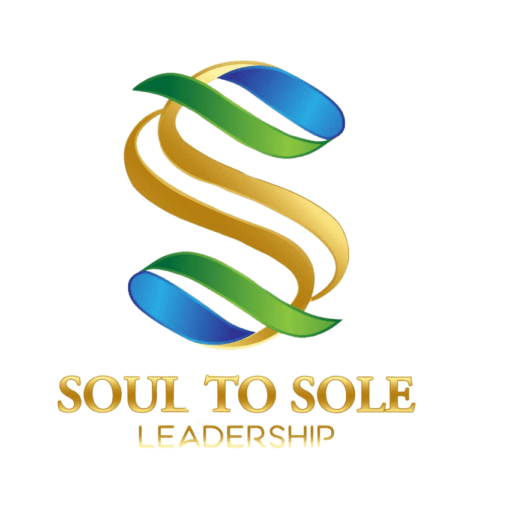Blog
The Evolving Face of DEI: Moving Beyond Representation
McDonald’s recent decision to modify their DEI practice “we are evolving how we refer to our diversity team, which will now be the Global Inclusion Team…” MCDonald’s Commitment has sparked a necessary conversation about Diversity, Equity and Inclusion (DEI) in the workplace. While some may view this as a step back, I believe it highlights a critical shift. This means a move away from simply checking boxes towards a more nuanced approach in the evolving face of DEI.
As a career strategist and resilience coach for expats and overseas workers, I see this as an opportunity to reevaluate how we define success in DEI. My journey as a qualified immigrant navigating the complexities of the New York job market taught me an important lesson. It is important to remember that a numbers-driven approach to diversity can only go so far. Representation is critical, but it is only the starting point. Without cultural intelligence and an intentional focus on inclusion, those numbers fail to translate into meaningful change.
Moving Beyond Representation
True DEI is not about simply filling quotas or achieving demographic benchmarks. It’s about creating an environment where individuals from all backgrounds feel seen, valued, and supported. It’s about unlocking the potential of a diverse workforce to drive innovation, collaboration, and growth.
This requires a shift from focusing solely on representation to prioritizing three critical areas:
1. Cultural Adaptability
Organizations must equip their employees with the skills and knowledge needed to navigate and thrive in diverse environments. Building cultural intelligence (CQ) helps individuals recognize, understand, and bridge cultural differences, fostering better communication and stronger relationships.

2. Global Leadership Development
In today’s interconnected world, leaders must be prepared to guide multicultural teams effectively. This requires a deep understanding of cultural nuances, the ability to inspire across borders, and the resilience to adapt to rapidly changing global dynamics.

3. Employee Well-being
Expats and global professionals often face unique challenges, including culture shock, loneliness, and the pressures of proving their worth in unfamiliar environments. Addressing these challenges through targeted well-being programs can enhance both individual and organizational success. Sage Journals on Coping Strategies

What Organizations Must Do
To create truly inclusive workplaces, organizations must go beyond traditional DEI frameworks and take actionable steps to support diversity and inclusion in practice:
- Invest in Cultural Intelligence Training- Providing employees with tools to navigate cultural differences is essential. Training programs that emphasize cultural adaptability can help build more cohesive, inclusive teams.
- David Livermore, a pioneer in the field of cultural intelligence, offers a variety of resources on CQ, including assessments, training programs, and articles. This book by David Livermore is a comprehensive guide to cultural intelligence for leaders. It provides a framework for understanding CQ, as well as strategies for developing it.
- Foster Open Dialogue- Creating safe spaces for employees to share their experiences and challenges encourages honest conversations and strengthens trust. These dialogues also provide valuable insights for shaping more inclusive policies.
- Prioritize Employee Well-being- Comprehensive well-being initiatives that address mental health, stress management, and resilience-building can help global professionals manage the complexities of working across borders.
A Call for Sustainable Inclusion
The conversation around McDonald’s decision reflects a broader need to rethink DEI efforts across industries. Success in DEI is not about checking boxes or chasing headlines; it’s about fostering an inclusive culture where diversity thrives at every level- that is the evolving face of DEI.
By focusing on cultural intelligence, global leadership, and employee well-being, organizations can move beyond superficial goals. In essence, they can create workplaces where every individual regardless of background can contribute, grow, and succeed. This article from Harvard Business Review explores the differences between emotional intelligence (EQ) and cultural intelligence (CQ) and why both are important for leaders in today’s global business environment.
It’s time to reimagine DEI as a long-term strategy that prioritizes impact over optics. Let’s work together to build a future where diversity isn’t just represented but truly valued and empowered.
What steps can your organization take today to create a more inclusive workplace that represents the evolving face of DEI? Let’s discuss in the comments below or email me directly at [email protected]

